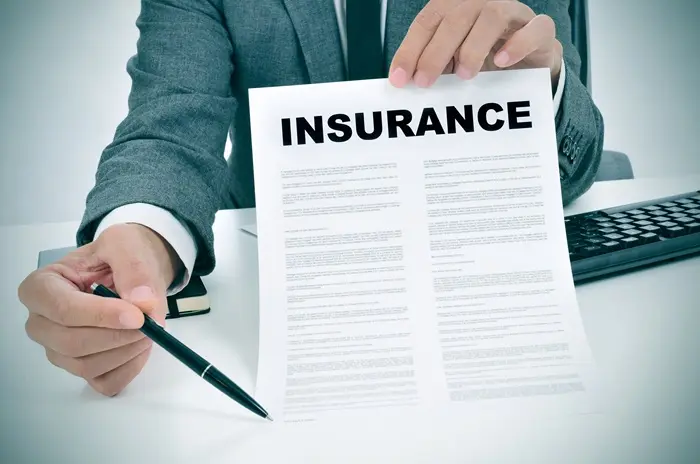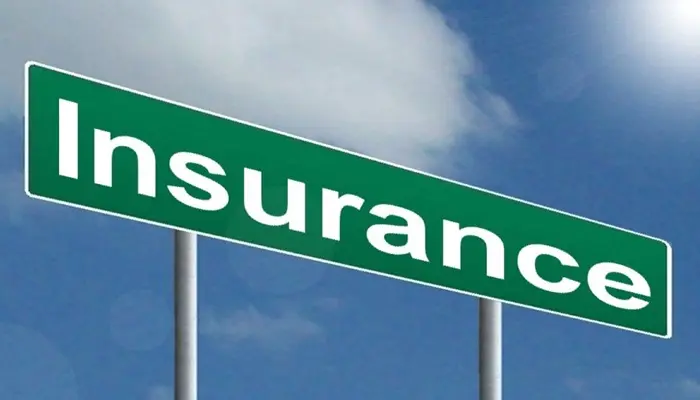In the unfortunate event of a total loss accident, where your vehicle is irreparably damaged or destroyed, one of the primary concerns is how long insurance will continue to cover the cost of a rental car. Whether you are using rental car coverage as part of your car insurance policy or as an added benefit from your insurance provider, understanding how long the coverage lasts can help reduce financial stress and clarify what you can expect from your insurer.
This article aims to explore how rental car coverage works after a total loss and answer common questions, including the duration of coverage, factors that influence the length of rental car coverage, and tips on how to ensure you get the best support from your insurance provider during this challenging time.
What Is Rental Car Coverage?
Rental car coverage is a provision that some auto insurance policies provide, which helps cover the cost of renting a car when your own vehicle is unavailable due to an accident, repair, or total loss. When you purchase an auto insurance policy, there are typically several options for coverage. The rental car coverage might be included in your policy under the “rental reimbursement” or “rental car coverage” section.
Types of Rental Car Coverage
Rental Reimbursement Coverage: This type of coverage provides reimbursement for rental car costs after your vehicle is involved in an accident, is being repaired, or is deemed a total loss. Rental reimbursement typically has daily and/or maximum limits. For example, your insurer might cover $30 to $50 per day for a rental, with a cap of $900 to $1,500 per claim.
Loss of Use Coverage: Sometimes called “loss of use”, this is a more specific coverage often offered by rental car companies and could be included in your own insurance policy. It compensates for the loss of rental income for the rental car company if the car is out of commission due to an accident. However, this coverage is typically separate from rental reimbursement and might require additional premiums or coverage options.
Rental car coverage typically applies when your car is being repaired or replaced, especially if the vehicle was involved in an accident covered under your policy. It can also apply if your car is stolen and a police report is filed, leaving you without your vehicle.
How Long Will Insurance Pay for a Rental Car After a Total Loss?
When your vehicle is declared a total loss by your insurer, the duration of rental car coverage will largely depend on several factors, including the terms of your policy, the type of coverage you have, and the state of the claims process.
1. Duration Based on Policy Terms
Rental car coverage usually lasts for a specified period after a total loss is declared, which is defined in your insurance policy. Insurance companies typically set this period for a specific number of days, from a few days to several weeks, depending on the nature of the policy.
Typical Duration: Rental car coverage often lasts for 30 days after your vehicle is declared a total loss. This is a common industry standard, though it can vary depending on the terms of your policy.
Short-Term Coverage: Some policies may only provide rental car coverage for a few days, especially if the loss is quickly settled or if the car is being repaired rather than replaced.
Extended Coverage: In some cases, if your policy includes an extended rental reimbursement benefit, it might cover you for up to 45 or 60 days if necessary. However, this is less common and might be an option you need to specifically add to your policy.
2. Maximum Dollar Limits
In addition to the duration of coverage, rental reimbursement is often subject to maximum daily and total limits. These limits determine how much the insurance company will pay per day for your rental car and the total amount they will reimburse.
Daily Limits: Your policy may cover a set amount per day, such as $25, $30, or $50 per day. If your rental car costs more than this daily limit, you will be responsible for paying the difference.
Total Limits: There may also be a maximum reimbursement amount, such as $900 or $1,500, which is the most your insurer will pay for the rental car, regardless of how long you need it. Once the total limit is reached, the insurer may stop paying for the rental, even if the car has not yet been replaced or repaired.
3. The Claims Process Timeline
The length of time that rental car coverage lasts can also be influenced by the efficiency and speed of the claims process. After an accident or loss, your insurance company will assess the damage, determine if your car is a total loss, and decide whether to repair or replace it. This process can take time, and the longer it takes, the longer you may need rental car coverage.
If your insurance company needs to assess your vehicle, and the claims process takes longer than expected, it may extend your rental car coverage. However, you should note that delays in the claims process can result in longer rental car expenses, and you may need to pay out-of-pocket after your insurance coverage ends.
4. Delays in Replacing the Totaled Vehicle
If your car is totaled and you need to purchase a replacement vehicle, rental coverage typically lasts until you are able to secure a replacement. However, if there is a delay in finding or purchasing a new car (due to availability issues, for example), the insurer might not cover the rental car beyond the policy’s specified limits.
In these cases, you may need to extend your rental car coverage, which could require additional payments or a separate agreement with the rental car company.
5. Rental Car Availability
Sometimes, the availability of rental cars might influence how long your insurance will pay for one. If rental cars are in high demand or the rental car companies are unable to provide you with a car right away, your insurance may offer to extend the coverage until a vehicle is available.
6. Exclusions and Limitations
It is important to understand any exclusions or limitations in your renters insurance policy. Some insurers may have specific exclusions that limit the duration of rental car coverage based on certain factors. For instance:
Accident Responsibility: If the accident was caused by your own negligence or if you are at fault, certain insurance policies may not cover rental cars for an extended period.
Claims Settlements: If your insurance company offers a settlement payout for your totaled vehicle earlier than expected, they may stop paying for the rental car even if you haven’t yet obtained a replacement.
How to Maximize Rental Car Coverage
While understanding the standard duration of coverage is essential, there are additional steps you can take to ensure that you get the most out of your rental car coverage.
1. Review Your Policy
Always review your insurance policy carefully to understand the specifics of your rental car coverage. If rental car coverage is not part of your policy, consider adding it to your plan. Compare different plans and make sure you choose a policy with adequate coverage limits for your needs.
2. Contact Your Insurance Provider Immediately
In the event of a total loss, contact your insurer as soon as possible. Keep them informed about the situation and ask how long the rental car coverage will last. Some insurers may offer extensions if the replacement process is delayed.
3. Keep Track of Rental Car Costs
Be mindful of how much you are spending on the rental car, especially if your policy has a daily limit. If you exceed the limit, the insurer will not reimburse the additional costs. If you know that you will need a rental for an extended period, you might want to consider using a more affordable rental option.
4. Ask About Extensions
If you are unable to obtain a replacement vehicle within the rental car coverage period, ask your insurance provider if they can extend your rental car coverage. Some insurers offer extensions in cases of special circumstances, such as difficulty finding a replacement vehicle.
5. Consider Rental Car Insurance
In some cases, if your insurance coverage for a rental car expires, you may be able to purchase additional coverage directly from the rental car company. However, this can be costly, and it’s usually a last resort.
Conclusion
Rental car coverage can be a valuable benefit when your car is deemed a total loss. Understanding the terms of your coverage, including the duration of rental car reimbursement, is essential for managing your expectations and minimizing financial disruption.
The length of time insurance will pay for a rental car after a total loss can vary, but it generally lasts for up to 30 days, depending on the specifics of your policy. Factors such as daily and total reimbursement limits, the claims process, and delays in obtaining a replacement vehicle all play a role in determining how long rental car coverage will last.
By reviewing your policy, staying proactive with your insurance company, and understanding the limitations of your coverage, you can ensure that you have the support you need during a challenging time.
Related topics:
























